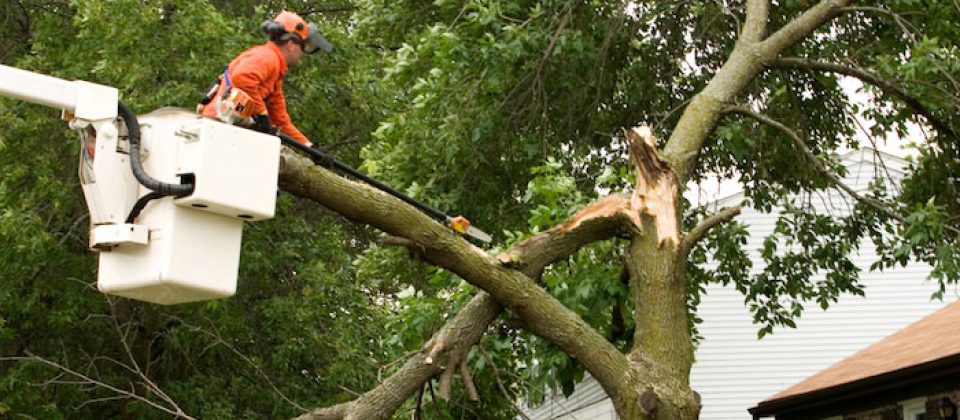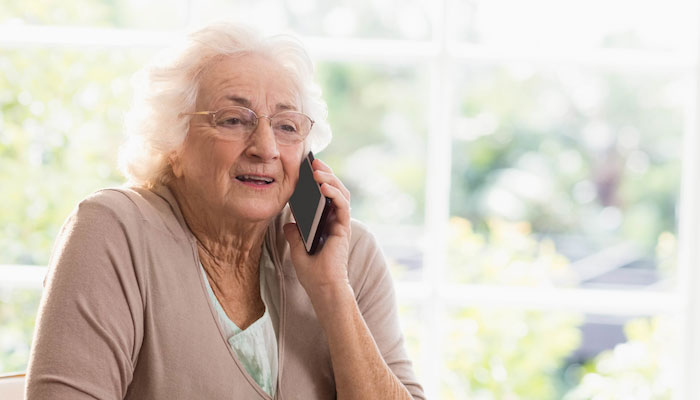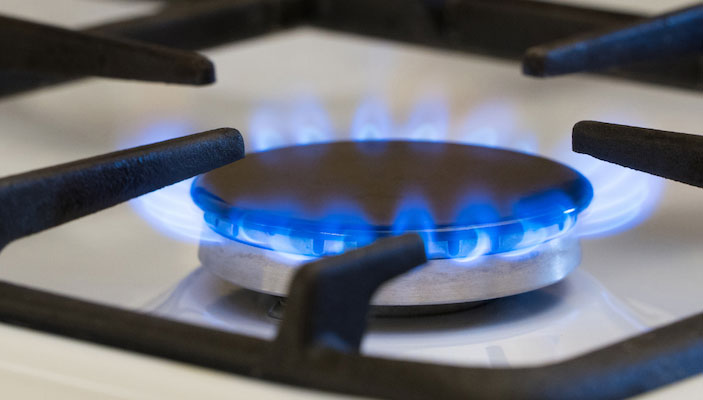
Storms-Stay Safe When the Power Goes Out
According to the Centers for Disease Control and Prevention (CDC) more than 400 people die from carbon monoxide poisoning each year, with some fatalities having occurred during severe weather when people use substitute or improvised sources of power. But the CDC says carbon monoxide poisoning is “entirely preventable.”
- Install a battery-operated carbon monoxide detector on each level of the home. Carbon monoxide, which is odorless and colorless, is produced by appliances that burn gas, oil, kerosene, wood or wood products. Early symptoms of poisoning include headache, weakness, dizziness and nausea, but it can go undetected if you’re asleep. The C.D.C. recommends checking batteries on your devices each spring and fall.
- Use a generator only outdoors, more than 20 feet away from your home Never use a generator, gasoline-powered engine, camp stove or charcoal-burning device in a confined or semi-confined space, such as your home, basement or garage. Remember that opening doors and windows, and using fans, will not prevent carbon monoxide from building up.
- Disconnect appliances and electronics to avoid damage from electrical surges or spikes when power returns. Keep refrigerators and freezers closed — refrigerators will keep food cold for about four hours, and freezers will keep food cold for about 48 hours. If power is out for more than a day, throw out any medication that requires refrigeration.

Establishing a Personal Support Network
The best way to prepare is to establish a personal support network. A personal support network is made up of individuals who will check with the person in your care in an emergency to ensure he or she is fine and to give assistance if needed. As a caregiver, you could be responsible for food supplies and preparation and ensuring she has the supplies on hand that are needed.
The elderly and persons with disabilities need the same planning as everyone else, and sometimes a little more, to be prepared for an emergency.
- You can help the person in your care to:
- Plan how you will evacuate or signal for help.
- Plan emergency procedures with home care agencies or workers.
- Tell others where you keep your emergency supplies.
- Teach others how to operate necessary equipment.
- Label equipment like wheelchairs, canes or walkers.
Emergency Supplies
- List of prescription medications including dosage in the supply kit; include any allergies.
- Extra eyeglasses and hearing-aid batteries.
- Extra wheelchair batteries or other special equipment.
- A list of the style and serial numbers of medical devices such as pacemakers.
- Copies of medical insurance and Medicare cards.
- List of doctors and emergency contacts.
- Flashlight, battery-operated radio, fresh batteries, extra blankets, a manual can opener.
Water
One gallon of water per person per day, for drinking and sanitation. If you live in a warm weather climate more water may be necessary. Keep at least a three-day supply of water per person. Store water tightly in clean plastic containers such as soft drink bottles.
Food
Store at least a three-day supply of non-perishable food. Select foods that require no refrigeration, preparation or cooking and little or no water such as ready-to-eat canned meats, fruits and vegetables.
Pack a manual can opener and eating utensils.
NOTE Ready.gov has a guide in several languages on how to make a plan for disasters.

Taking Care of Yourself- Taking Care of You Helps Two
Appreciate Your Own Efforts Give yourself credit for what you are contributing to the life of the person in your care. Avoid unrealistic expectations of the person in your care, and friends and family who assist you.
Watch Your Physical Health Keep track of your own physical well-being.Get a minimum of six hours sleep. Eat nutritious food. Exercise a little everyday. Stop smoking and avoid using alcohol as an escape from boredom or stress. Get regular physical check-ups. Be sure your doctor knows about your caregiving responsibilities.
Relaxation and Stress Release Learn a quick relaxation and self-affirmation exercise. Try breathing and picturing yourself in a calm, peaceful place. Practice relaxing daily.
Memory Care-Safety Changes
If you are making safety changes to a home in which you do not live, your parent’s or client’s home, for example, be aware and sensitive to what these possessions mean to the elderly person and proceed with sensitivity.

Safety Tips – Gas Leaks
Natural Gas Natural gas leaks and explosions are responsible for a significant number of fires following disasters. It is vital that all household members know how to shut off natural gas. Because there are different gas shut-off procedures for different gas meter configurations, it is important to contact your local gas company for guidance on preparation and response regarding gas appliances and gas service to your home.
When you learn the proper shut-off procedure for your meter, share the information with everyone in your household. Be sure not to actually turn off the gas when practicing the proper gas shut-off procedure.
If you smell gas or hear a blowing or hissing noise, open a window and get everyone out quickly. Turn off the gas, using the outside main valve if you can, and call the gas company from a neighbor’s home.
CAUTION – If you turn off the gas for any reason, a qualified professional must turn it back on. NEVER attempt to turn the gas back on yourself.
Source: www.ready.gov/safety-skills